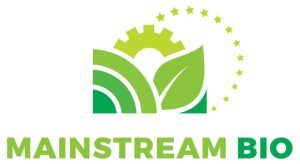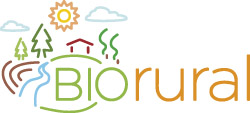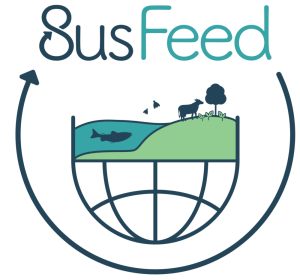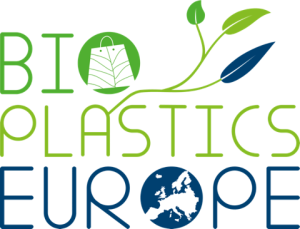SUSTRACK project
This project ends on: 31/10/2025

Supporting the identification of policy priorities and recommendations for designing a sustainable track towards circular bio-based systems
The transition from linear fossil-based systems to circular and bio-based systems represents an opportunity and a suitable pathway for achieving several SDGs. Indeed, circular bio-based systems depict a great opportunity to reconcile sustainable long-term growth with environmental protection through the prudent use of renewable resources for industrial purposes.
This needed transition is a complex process, which does not simply require innovative technologies from the supply-side, but also societal transformations based on a multi-actor process.
The circular bioeconomy meta-sector may be a good candidate to put forward a new economic model, which requires transformative policies, purposeful innovation, access to finance, risk-taking capacity as well as new and sustainable business models and markets.
However, a critical assessment of the environmental, social and economic impacts of the current linear fossil-based economy, as well as of the improvement potential associated with circular bio-based systems, is needed to underpin the identification of policy priorities.
Bearing this in mind, SUSTRACK is a three-year project aimed at supporting policymakers in their efforts to develop sustainable pathways to replace fossil and carbon-intensive systems with sustainable circular and bio-based systems (at the EU and regional scale), contributing to achieving the European Green Deal’s objectives.
This will be done by:
- identifying environmental, economic and social limits of a linear carbon-intensive and fossil-based economy;
- improving existing assessment methodologies;
- assessing the environmental, social and economic impacts of the EU’s current linear fossil-based economy;
- comparing multiple transition scenarios focusing on the most carbon-intensive sectors;
- identifying priorities according to scenarios analysed in the project and develop guidelines and policy recommendations.
Contacts:
Piergiuseppe Morone (Coordinator): piergiuseppe.morone@unitelmasapienza.it
Gülşah Yilan (Project manager): gulsah.yilan@unitelmasapienza.it
website: https://sustrack.eu/











